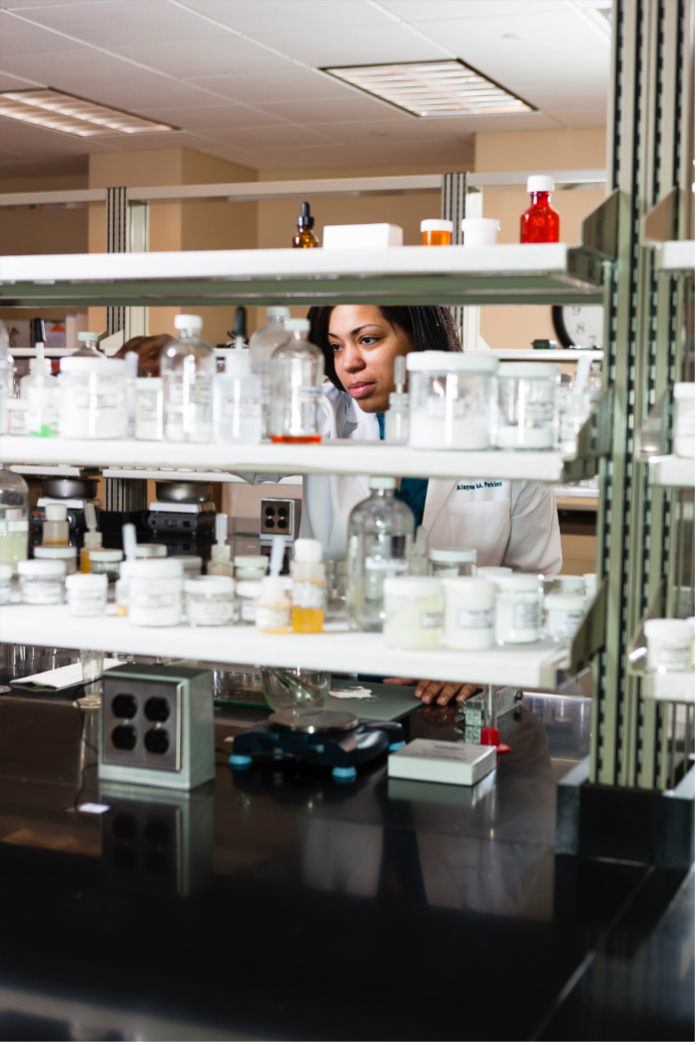Pharm.D. Program Service Requirements
Xavier University College of Pharmacy prepares pharmacists for leadership and service in a global society. We are especially committed to empowering graduates to make a difference in underserved communities—which is why service is a requirement throughout every professional year of our pharmacy program.
Additional Service Opportunities Through Co-Curricular Activities
Other ways you can complete your service requirements include:
• Volunteer opportunities with the Louisiana Lions Camp, a summer camp for disabled children.
• Working with Federally Qualified Health Centers that offer chronic disease care.
• Assisting with the College of Pharmacy’s Telehealth Center, providing care to rural areas.
• Working as a member of the Health Education Ambassador Team (HEAT) under the Center for Minority Health and Health Disparities Research and Education.
Community Service Through the Health and Wellness Center
The College of Pharmacy’s Health and Wellness Center partners with community-based organizations to bring disease prevention education, screening services and other programming to the heart of New Orleans communities. Most services are offered at no cost, ensuring equitable access to essential healthcare.
As an extension of the Center for Minority Health and Health Disparities Research and Education, the center offers volunteer opportunities for pharmacy students to apply what they’ve learned from their didactic experience to actual patient care at local health fairs. This includes providing screenings such as blood pressure, body mass index, body anthropometrics, blood glucose, blood cholesterol, nutrition, and lung health.
Students also participate in healthy cooking classes, sharing best practices for purchasing and preparing affordable, nutritious meals to combat poor health outcomes associated with food quality and accessibility.


